How much plastic is in your workout?

Whether yoga, boxing or soccer. Sport is important and good for physical and mental health. But what you shouldn't forget: What does all this do to the environment?
What is not so sustainable in sport
Many competitive athletes fly to foreign countries for competitions or tournaments or go on fitness holidays with their racing bikes in Barcelona. A lot of people drive to the gym and the protein bars are wrapped in plastic. It almost seems as if sustainability doesn't matter when you're doing something good for your body.
But this is definitely the wrong approach, because:
The world's oceans are full of (micro)plastic and have already penetrated so far into marine ecosystems that this has serious consequences.
But what does that have to do with sport?
sportswear
In most cases, sportswear consists exclusively of synthetic textiles such as polyester. A look in the closet and you will find nylon, polypropylene, elastane and polyester. When synthetic clothes are washed, the fibers break during the washing process and these particles cannot be filtered out by washing machines or sewage treatment plants because they are so small. This "microplastic" is then well on the way to getting into the groundwater.
For example, if you wash five kilograms of polyester clothing, several million microplastic particles are released.
An estimated 10 million tons of plastic end up in the sea every year, about 30% of which are microplastics and up to 30% of which come from textiles. That's the equivalent of 900,000 tons of microplastics from synthetic clothing alone every year.
You can also read everything about microplastics in our blog post 'Invisible Plastic Danger' .
Greenpeace criticizes the big sportswear manufacturers for causing severe pollution in their Chinese production facilities. For example, rivers were polluted with toxic substances. The background to this was an investigation by Greenpeace, in which the production water discharges from two factories were examined for a year. That's why the environmental organization called for transparent work processes to see how and where the toxic chemicals are used.
Pros and cons of synthetic textiles
- Synthetic textiles can be produced cheaply because crude oil and chemicals are traded in large quantities.
- The production uses little water (in return, synthetic textiles with the microplastics pollute a lot of water)
- Polyester is functional, it lasts a long time, it is robust, breathable and moisture-regulating, so it is really suitable for sports.
- Synthetic clothing is not biodegradable, so the advantage of durability becomes a disadvantage for the environment.
- The polyester shirt stinks as soon as you sweat, because odor-causing bacteria can multiply much faster on synthetic fibers than on natural fibers such as cotton
- The clothing is based on petroleum, which is a very limited resource
- Plastic fibers are less absorbent, so they have trouble absorbing sweat when you exercise
alternatives
For example, merino wool is a good alternative to polyester. Otherwise, there are now many companies that sell plastic-free sports fashion, including Organic Basics, Avocado Store, Hessnature and Patagonia .
For home workouts, you can switch to yoga mats made of cork, natural rubber or organic cotton, which are less harmful to the environment.
There are also sports shoes that are plastic-free, for example unplugged sneakers .
But the small changes in sport start with the preparation. For example, you can make your own protein bars or cycle to the gym.
Conclusion
In the end, everyone has to decide for themselves which sportswear they want to wear. If you don't want to do without the advantages of synthetic clothing, you can look for second-hand clothing on vinted.de or ebay classifieds, for example.
If you would like to be informed directly about the latest blog posts, please follow us Instagram ! :-)








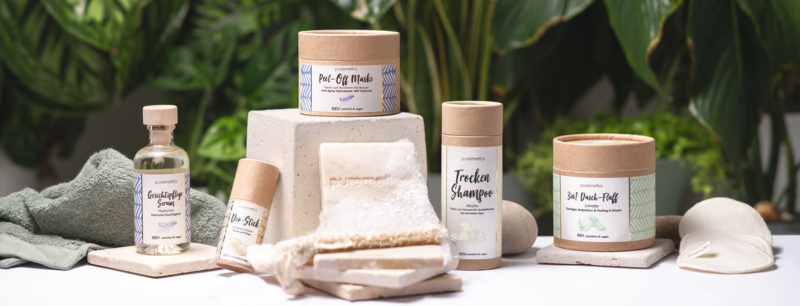





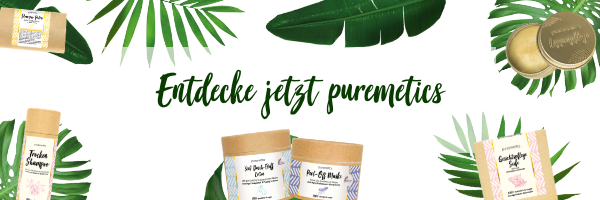








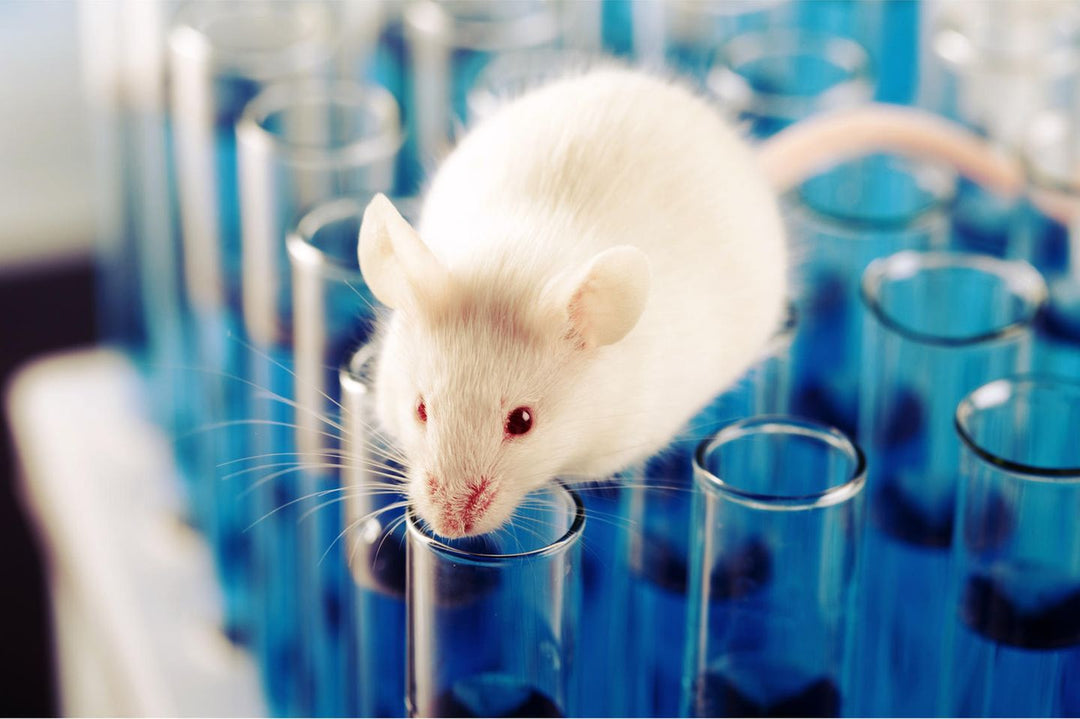


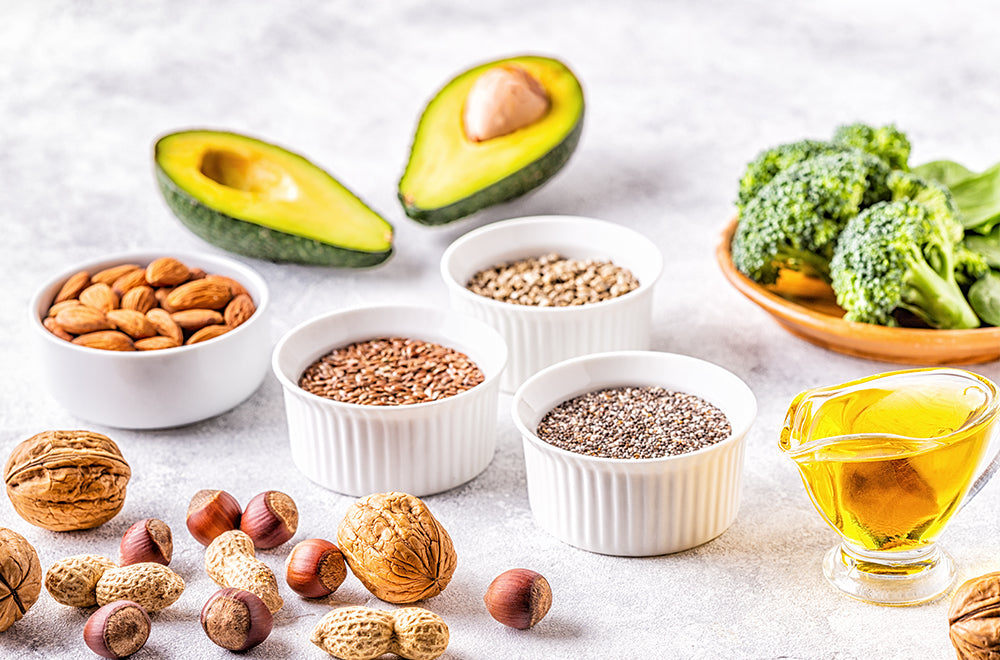


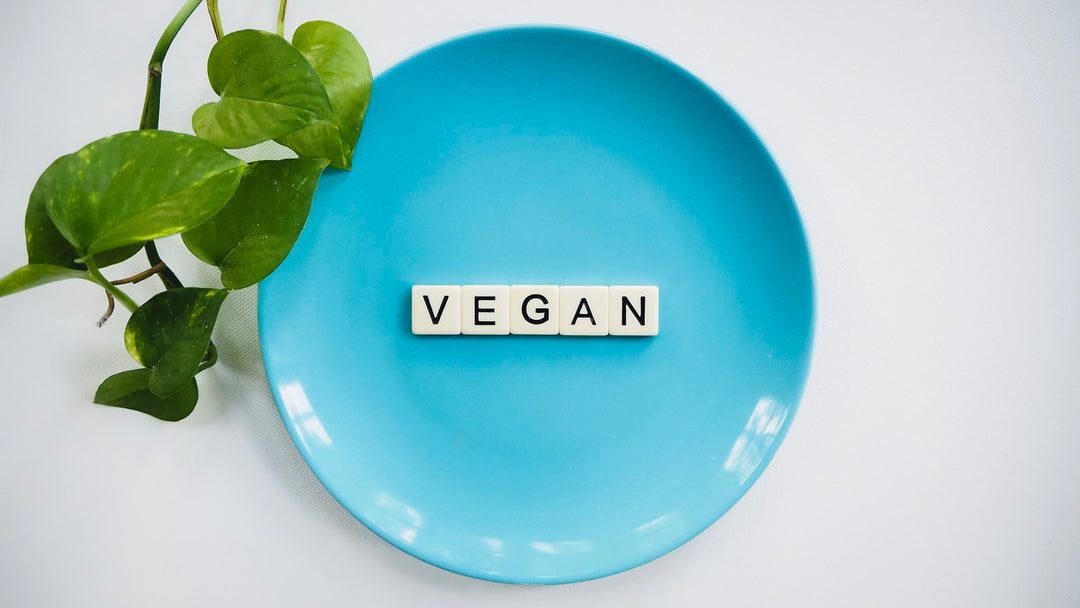





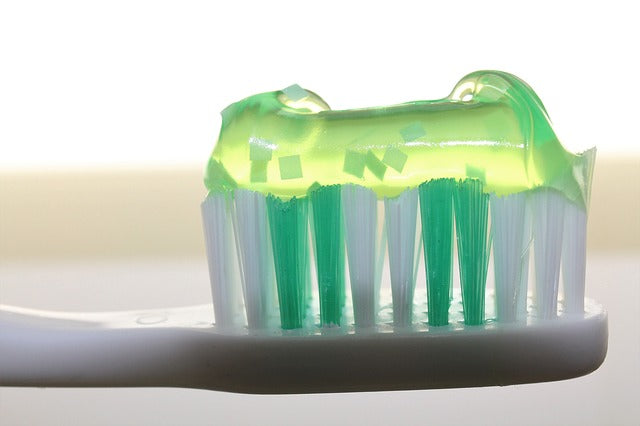





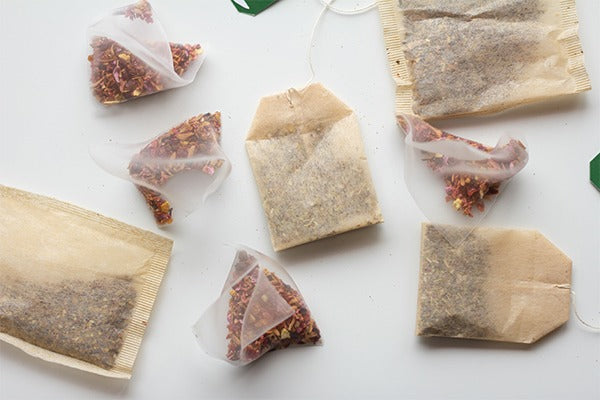
Leave a comment